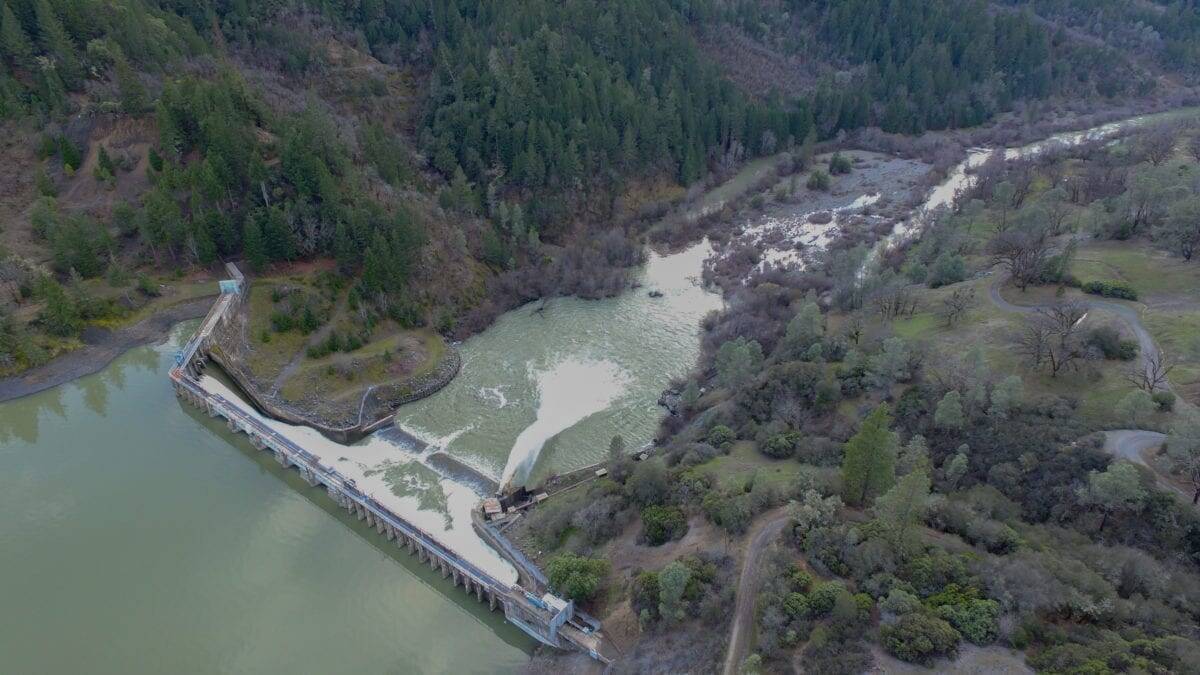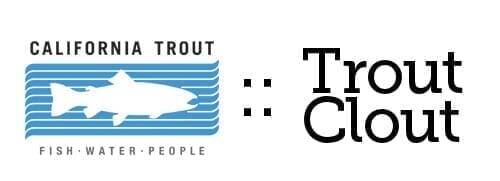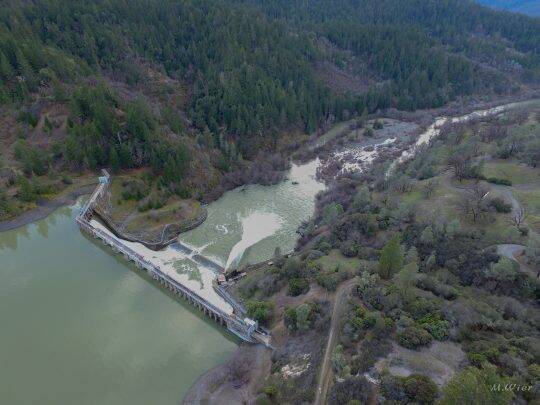Potter Valley Project Update – PG&E Withdraws From Relicensing and Auction Process
PG&E announced last week that it was withdrawing from the Federal Energy Regulatory Commission (FERC) relicensing process as well as the effort to sell the Potter Valley Project. California Trout has been engaged in both proceedings and are hopeful this development will create a favorable environment to continue working towards a two-basin solution.
From Pacific Gas and Electric:
Today PG&E submitted a letter to the Federal Energy Regulatory Commission providing our “Notice of Withdrawal of Notice Of Intent to File License Application and Pre-Application Document” for the Potter Valley Project. As a result, PG&E will expeditiously cease all activities related to the relicensing of the Project. Our decision to cease Project relicensing will also result in the stoppage of our efforts to sell the Project via the Request for Offers (RFO) process.
Although the timing is unclear at this point, we anticipate that PG&E’s action will result in FERC initiating its Orphan Project process. In accordance with the Orphan process, FERC will provide interested parties the opportunity to submit an application for a new Project license. We believe this path will allow interested parties more time to prepare for the acquisition of the Project and the ability to submit a License Application on their own terms rather than assuming PG&E’s current application. If the Orphan process does not result in the issuance of a new Project License, it is expected FERC will order PG&E to prepare and submit a Surrender Application and Decommissioning Plan.
PG&E will continue to own and operate the Project in accordance with the terms and conditions of the current Project license and all laws, rules, and regulations governing the operation of the Project until a new license is issued or the Project is decommissioned. PG&E also intends to support the Orphan process through provision of work products and information developed to date in the relicensing process to those who apply to FERC for a new Project license.
PG&E recognizes that many stakeholders have invested significant effort in the relicensing process and we are very appreciative. We apologize for any challenges or inconvenience this action might cause.
From California Trout:
“Although PG&E’s withdrawal does affect the process, it will not change CalTrout’s continued efforts to achieve a two-basin solution. In the last few weeks CalTrout has put our resources towards building a tangible plan that would remove Scott Dam and keep the water interests in the Russian River whole,” said California Trout’s Executive Director Curtis Knight.
For the last several years, CalTrout has been conducting studies in the upper Eel River basin, commissioned dam removal and fish passage assessments above Scott Dam, and spent significant resources in analyzing the water rights and water delivery aspects of the Project in preparation for the Project’s FERC relicensing process. Working with several other stakeholders in an ad hoc committee convened by Rep. Jared Huffman, the group has assessed the fish passage options and water delivery options that will best meet the needs of water users and endangered native fish.
Knight added, “We will continue to build on the progress we’ve made and working with the coalition of diverse stakeholders on both the Russian and Eel Rivers and look forward to FERC’s notice of solicitation of applications for the Potter Valley Project.”







